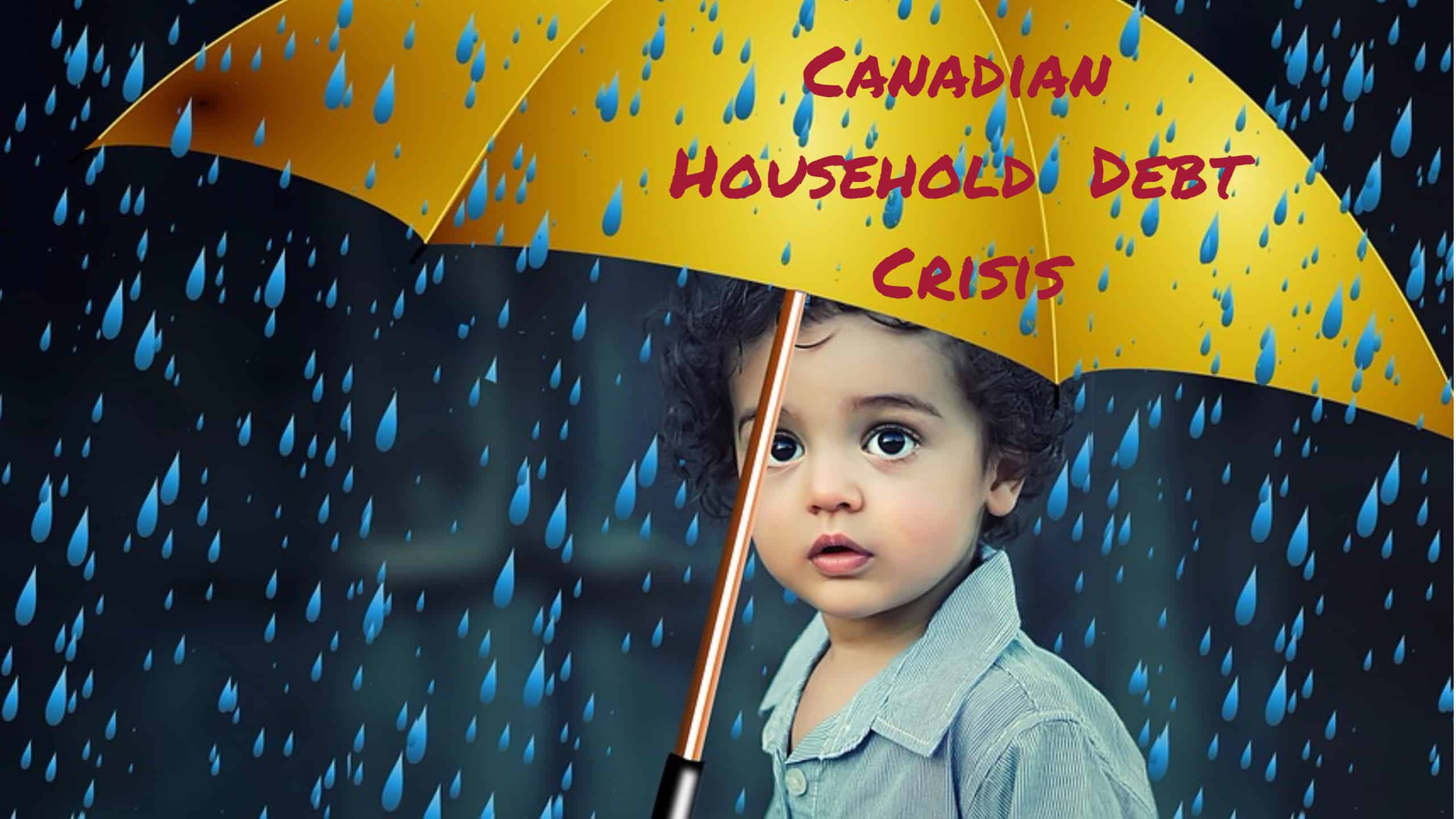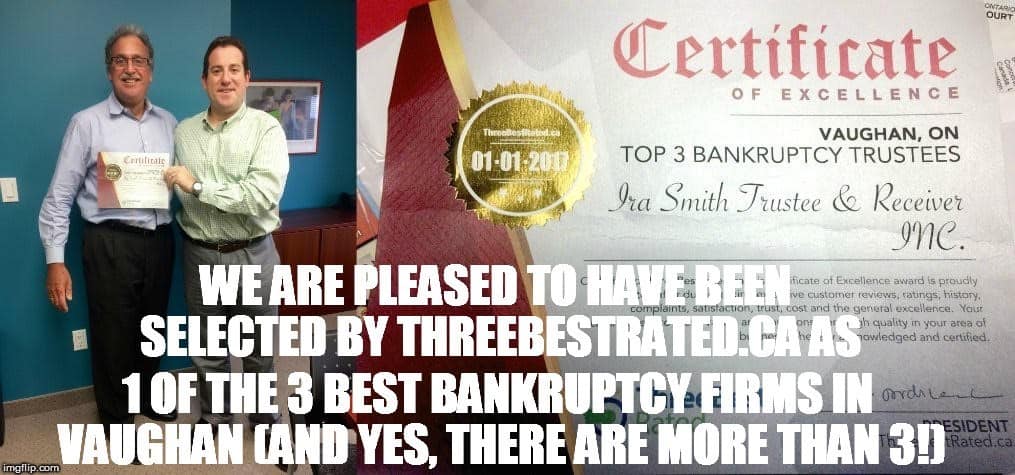
Financial skills: Introduction
Schools typically provide a standard curriculum – mathematics, literature, languages, history, geography and the like; but conspicuously absent are any life skills such as a financial education. We have students graduating from high school that know when the Magna Carta was signed, but often with no concept of money. Finally Ontario is going to begin teaching financial skills to high school students.
Financial skills: Why do we need the schools to teach financial literacy?
“Canadians don’t understand the basics,” says Laurie Campbell, CEO of Credit Canada Debt Solutions. Many adults, she says, struggle with simple concepts like spending less than they earn.
As we recently pointed out, Canadians are among the most indebted in the world! A borrowing binge fueled by low-interest rates, is putting many Canadians in a financial danger zone and not setting an example for young people. They’re growing up seeing debt accumulation – not saving and budgeting.
Financial skills: The Investor Education Fund study
An Investor Education Fund study revealed:
- Only 44% of parents believe their children are ready to manage money
- Only 39% of high school students feel prepared to manage their finances after high school
- 84% of parents and 70% of high school students want financial learning in the classroom
Financial skills: Students are looking for financial education
Tricia Barry, executive director of Money School Canada and a former banker, says that students know little more about money than they did five years ago. Ms Barry believes that:
- By the time school students are in Grade 8 they should have an understanding of the concepts of income, expenses and interest; but they don’t
- When they graduate from Grade 12, they should have a solid understanding of saving, smart spending, budgeting, borrowing and credit cards; but they don’t
According to Ms Barry, there is a direct correlation between the lack of money management training and the fact that more than 33% of those ranging in age from 18-29 are burdened with a debt of $10,000 or more.
Financial skills: Will all Ontario students be taught financial literacy?
At the moment financial skills courses will be rolled out as pilot projects at 28 high schools for 700 Grade 10 students. After the pilot projects are completed in June 2018, teachers and students will be asked to provide feedback. Based on the feedback provided, a financial skills mandatory careers course will be designed and implemented in the fall of 2018. In addition to financial skills the students will learn entrepreneurship and digital literacy in addition to career and life planning.
Schools need to lead the charge when it comes to financial literacy. As you can see by the alarming statistics of Canadian household debt, we can’t expect our young people to learn good money management skills at home. Knowledge is power and we need to do something to stem the tide of uncontrollable debt.
Financial skills: Do you need help with your debts?
Not only should financial skills be taught in high school but in elementary school as well; and the earlier the better. It’s time to break the cycle of debt while you still have options. Give the Ira Smith Team a call. We’ve got years of experience helping Canadians just like you, get back on track to debt free living. We can help.


 Canadian household debt crisis: Introduction
Canadian household debt crisis: Introduction
